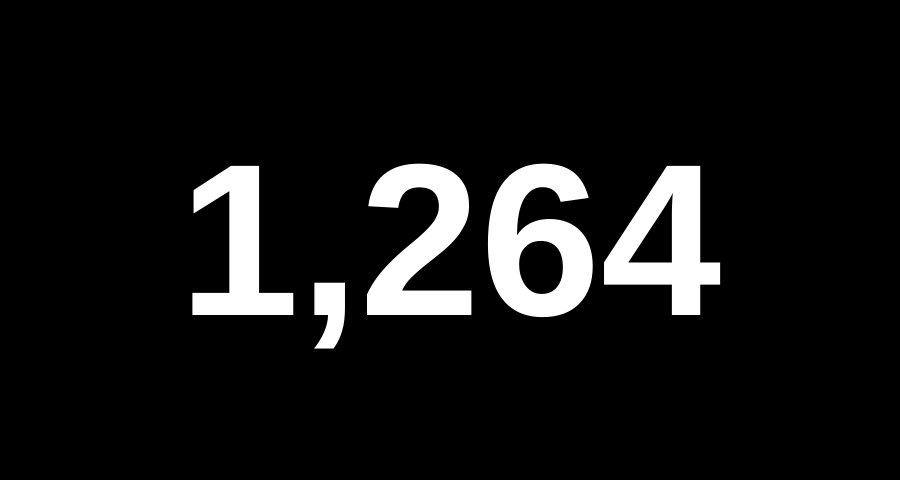15th December 2020

1,264 people tragically lost their lives to a preventable drug overdose in Scotland last year.
The statistics, published by National Records of Scotland, show the toll is 6% higher than 2018, and the highest since records began in 1996.
Scotland’s drug death rate is now 3 ½ times higher than the rest of the UK and is higher than that reported for any other EU country.
Key points of the report include:
- 94% of all drug-related deaths were of people who took more than one substance.
- More people than ever before died of an overdose involving opiates. There were 1092 deaths involving opiates – 86% of total. The number of deaths involving heroin / morphine increased to 645; the number of deaths involving methadone was the same as in the previous year.
- More people than ever before died of an overdose involving benzodiazepines. There were 814 deaths involving ‘street’ benzos like etizolam – 64% of total. The number of deaths involving ‘prescribable benzos’ was 195.
- More people than ever before died of an overdose involving cocaine. There were 365 deaths involving cocaine – 29% of total. 51 deaths involved amphetamine – more than any other year.
- Alcohol was implicated in 11% of total deaths, the second highest rate ever recorded.
- Over two-thirds (68%) of all drug-related deaths were of people aged between 35 and 54, 69 more deaths than in 2018.
- There was a 19% increase in 15-24 year olds who experienced a fatal drug overdose.
- The Greater Glasgow and Clyde health board area had the highest number of deaths (404), followed by Lanarkshire (163), Lothian (155), Tayside (118) and Ayrshire and Arran (108).
The following are significant factors in understanding these statistics:
- Compared with the rest of the UK, Scotland has a high number of people with an opiate-based drug problem (1.1% of the population have a drug problem involving opiates and/or benzodiazepines).
- Compared with the rest of the UK, Scotland has a low number of people in drug treatment – only 35-40% of people with a drug problem are in treatment.
- Waits for opioid substitution therapy are over six months in some areas of Scotland. New Standards aspire to providing same-day prescribing.
- In Scotland, a large proportion of people on opioid substitution therapy are on sub-optimal dose of methadone or buprenorphine in contravention of clinical guidelines and recommendation of the World Health Organisation.
Click here to view the ‘Drug-related deaths in Scotland in 2019’ report
